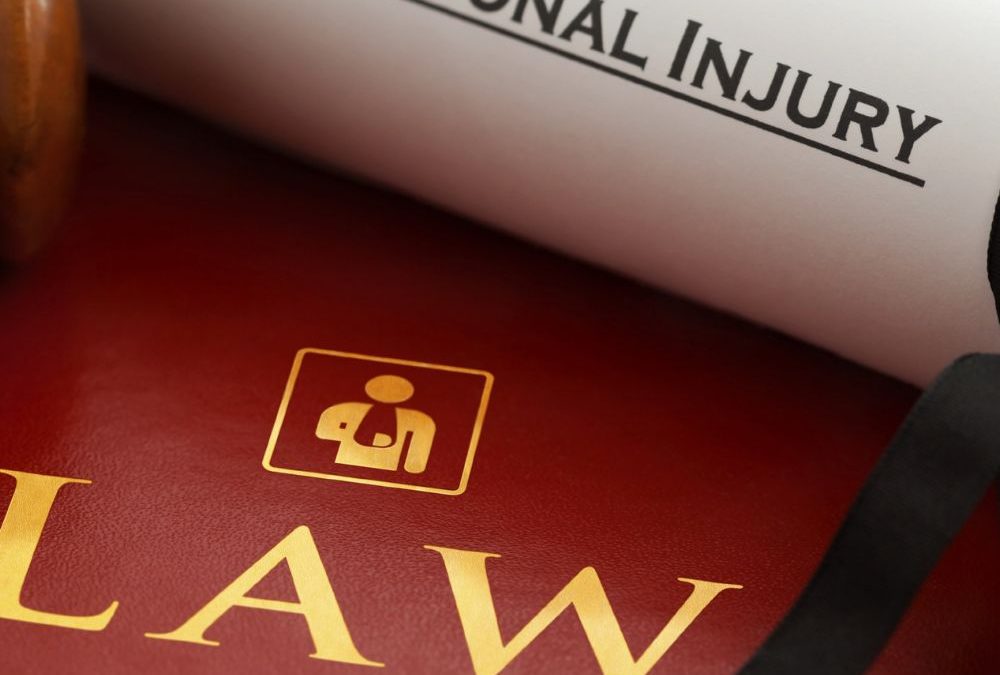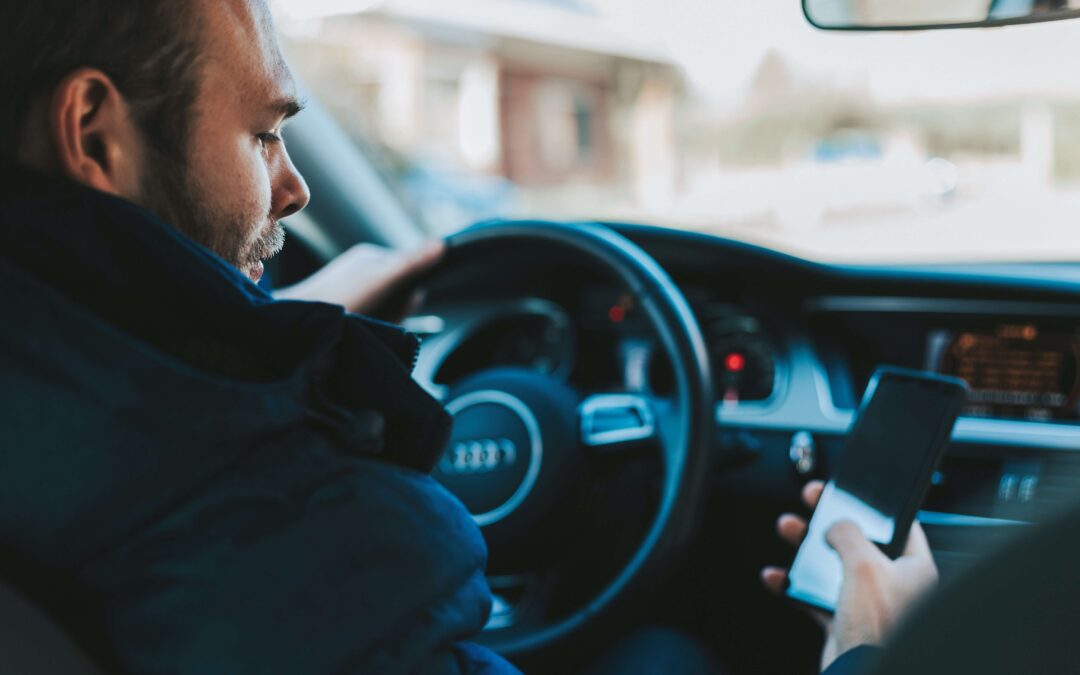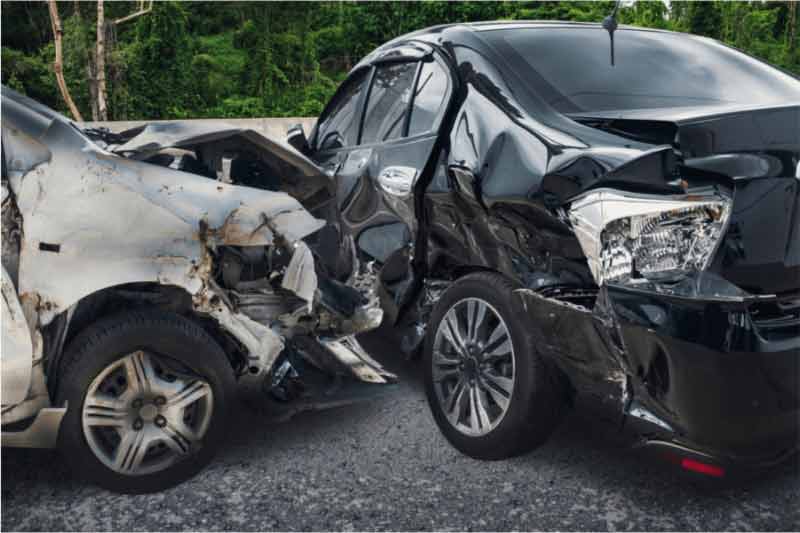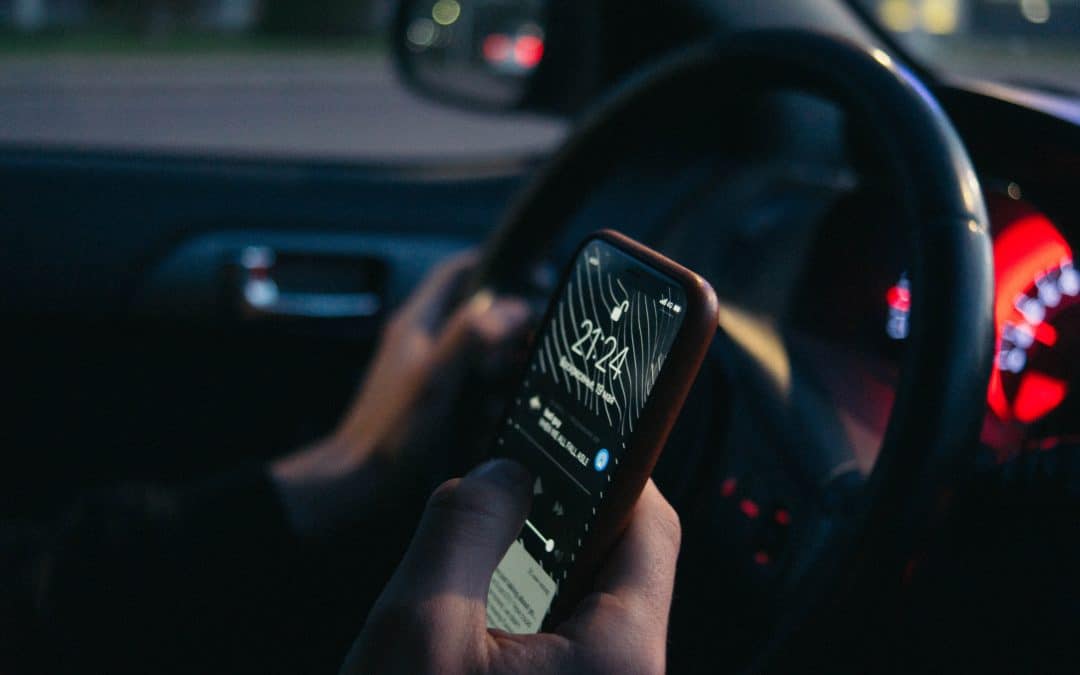A family seeking financial compensation for the...


A family seeking financial compensation for the...

Finding out a loved one has died is one of the...

If you’ve ever spotted a semi-truck parked on...

In the state of Kentucky, accidents of all types...

Distracted driving has become more prominent...

In today's fast-paced world, the presence of...
What to do when an accident causes you to miss...

The minutes and days following a car accident...

Tragedy struck on Interstate 75 in Kentucky in early January. A white pickup truck was speeding while traveling the wrong way on the highway. It crashed into a vehicle carrying a family of five. The family was traveling back to their home in Michigan after vacationing in Florida. All members of the family and the driver of the pickup truck were killed in the accident. News outlets throughout the country picked up the story, and many were left in shock at the nature of the accident. As the shock subsided, it left many with questions pertaining to these types of accidents that involve out-of-state drivers. How does insurance work? What laws govern these accidents – Kentucky’s, or the home state of the drivers involved? Out-of-State Insurance Generally speaking, an insurance policy is nationwide. This means it will cover a driver no matter where they go in the country. Assuming that the driver from Michigan had proper insurance, that insurance policy would still provide coverage in case of an accident, regardless of where it took place. As long as the issuing insurance company does business in the Commonwealth of Kentucky then they must provide at least the bare minimum insurance required by the laws of Kentucky even if such coverage is not in the insurance policy. Insurance issues become more complicated if the policy was purchased outside of the country. If the family had been from Canada, for example, that insurance policy is not typically applicable in the United States. Drivers that are from outside of the country need to purchase additional insurance that will cover them in case an accident occurs while they are not in their home country. While the insurance policy will still provide coverage, the coverage provided is governed by the state in which the accident occurred. Applying that to this latest story, Michigan is a no-fault auto insurance state. Kentucky on the other hand, is a no-fault optional state. If the pickup driver had Kentucky no-fault insurance, both drivers may have gone through their own insurance companies to collect accident benefits. If the Kentucky driver had rejected no-fault insurance, though, the Kentucky insurance company would need to determine fault before making a payment for the Kentucky driver, and the insurance company of the at-fault driver would provide accident benefits to each. Out-of-State Personal Injury Lawsuits Often, when an insurance company does not provide the coverage needed, a personal injury lawsuit is filed against the at-fault driver. Just as the insurance laws of the state in which the accident occurred apply, so do the negligence laws of that state. If the family’s remaining relatives wished to file a wrongful death lawsuit, they would need to do so in Kentucky, as that is where the accident happened. This doesn’t mean that they would need to spend weeks, months, or even years in Kentucky. Those who are filing a lawsuit in Kentucky but live in another state can hire an attorney to represent them and to appear on their behalf. Most communication is done by email or phone. However, if the case went to court, the family members will need to visit Kentucky for a short period of time and appear before a judge and jury. In the Most Complicated Cases, You Need a Richmond Car Accident Attorney Nearly every car accident has its own challenges. There are some cases, however, where the complexities make a case extremely challenging, such as when you are in a Kentucky accident with a driver from out of state. While having legal representation is recommended for any car accident involving a serious injury, in cases like these, speaking to a Richmond personal injury attorney is of critical importance. If you have been involved in a car accident, you know how important it is to get back to your best health right away. At the Morrin Law Office, we’ll help you do just that. Call us today at (859) 358-0300 to see how we can help sort out insurance issues, and even help you file a lawsuit against an at-fault driver but only if absolutely necessary. There are many difficult questions after an accident. We have the answers, and we will use them to protect your interests during this difficult time.

Kentucky passed the state’s texting and driving ban in 2011. Since that time, however, law enforcement has stated that the law has been difficult to enforce. This is largely due to the fact that while texting and driving is illegal in the state, using a handheld device is not. Drivers can still punch in phone numbers or use GPS systems. This poses a problem not only for police, but for other drivers, too. Texting and driving, just like disobeying any other traffic laws, is considered negligent. As such, if a driver is caught texting while behind the wheel and causes an accident, they can be held liable to provide compensation to other drivers injured in the accident. Unfortunately, the burden of proof is on the injured driver. This means they must show that the driver that caused the accident was negligent. So, if the police can’t prove a driver was texting, how can another driver? It’s not always easy, but it is possible, and a Kentucky personal injury lawyer can help. Tell Officers on the Scene When a motor vehicle accident occurs in Kentucky, those involved must report it to the Kentucky State Police if there is any injury or property damage over $500. When this is the case, the injured driver should tell the police officer if they believe the other driver was texting or if they think the other driver is drunk. The police may ask for that driver’s phone right at the scene to verify that texts were being sent at the time of the accident. According to Kentucky’s texting and driving law, it is also illegal for a driver to read any text messages while a vehicle is in motion. If the officer sees that a person even just received a text, this can help verify the story of the injured individual. If the police also believe the driver was texting while driving, they may issue a citation. The penalty for texting while driving in the state is very small. However, the citation will go in official records, and injured drivers can use this to strengthen their case in court. Subpoena Phone Records Perhaps the best way to prove that a driver was texting while driving, and therefore caused an accident, is to subpoena their phone records from their cell phone carrier. In order to do this, the injured individual must first file a personal injury claim. Subpoenas are difficult to come by for those not in a legal profession, but personal injury lawyers are very familiar with the process. An attorney can also file a personal injury lawsuit on the injured party’s behalf before getting a subpoena. It is important that both actions are taken as soon as possible. Cell phone providers only keep records for a specific period of time. Issuing a subpoena right away will ensure these records are still on file, which can help prove a case. In addition, accident victims find that an attorney is most helpful when they are part of the claim from the very beginning. Contact a Kentucky Car Accident Attorney Who Can Get the Proof You Need Car accident cases are often very complicated. When evidence is needed that is difficult to come by, such as that a driver was texting while driving, it becomes even more challenging. A car accident lawyer in Kentucky can help accident victims get the proof they need. If you or a loved one has been in an accident and believe someone else was at fault, contact Morrin Law Office at (859) 358-0300. We will help you get back to your best health, and best life, as quickly as possible and obtain any evidence needed to help further your claim.